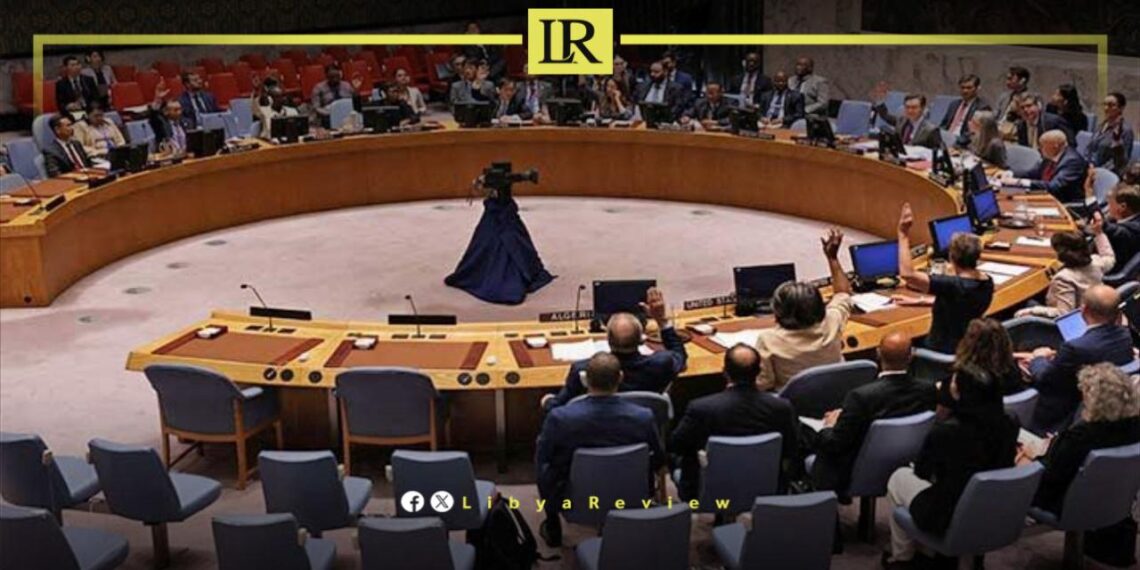On Wednesday, the Acting Head of the United Nations Support Mission in Libya (UNSMIL), Stephanie Khoury, presented her first briefing to the UN Security Council, addressing the ongoing crisis in Libya.
During her speech, Khoury reported that since taking on her role, she has been actively consulting with Libyans to understand their concerns and priorities, particularly regarding a Libyan-led political process. She has conducted meetings in both eastern and western Libya, engaging with political officials, academics, civil society organizations, women’s groups, military leaders, cultural representatives, and members of the diplomatic community.
Libyans have consistently voiced their need for a political agreement to organize elections and restore the legitimacy of national institutions. Khoury plans to continue these consultations, visiting more regions of Libya soon, and will share further observations with the UN Security Council.
The UN diplomat emphasized that Libyans are eager for a credible national election to regain institutional legitimacy. They have shared their thoughts on the future political process, including the role of the country’s five main institutions.
Some stakeholders have stressed the importance of detailed provisions and enforcement mechanisms in future agreements to ensure compliance. Others have emphasized the need for a roadmap and the formation of a transitional government, while some have focused on economic issues, conflict drivers, security structures, and governance.
She noted that the progress made in Libya’s security sector since the signing of the ceasefire agreement is now at risk. She stressed the importance of addressing this situation, reforming the security sector, and achieving local reconciliation.
The withdrawal of mercenaries and foreign fighters remains stagnant, despite the ceasefire agreement held during the reporting period. The security situation in neighboring countries has disrupted communications conducted through the Joint Military Commission 5+5.
Khoury mentioned recent escalations, including clashes in Ain Zara, Tripoli, in April, armed conflicts in Al-Jamil and Al-Zawiya in May, and a car bombing last week. These events highlight the urgent need for institutional reforms, a secure environment, and local reconciliation efforts. She called for increased efforts by Libyan authorities to address landmines and explosive remnants of war, especially after dozens of children were injured in May.
Khoury also called for the unification of the national budget, urging all stakeholders to resolve existing disputes to ensure swift adoption and transparent, responsible implementation of these agreements.
Libya has been in turmoil since the 2011 NATO-backed uprising that toppled long-time leader Muammar Gaddafi. The country subsequently split into rival administrations in the east and west of the country.
The political landscape has been further complicated by various militias and the involvement of foreign mercenaries and fighters. Despite numerous international efforts to broker peace, including the Berlin Conference and the Libyan Political Dialogue Forum (LPDF), a lasting solution has remained elusive.
In recent years, the Libyan economy has suffered from the ongoing conflict, exacerbated by a blockade of oil facilities and a fragmented national budget. The humanitarian situation has also deteriorated, with thousands of Libyans internally displaced and a significant portion of the population in need of assistance.


